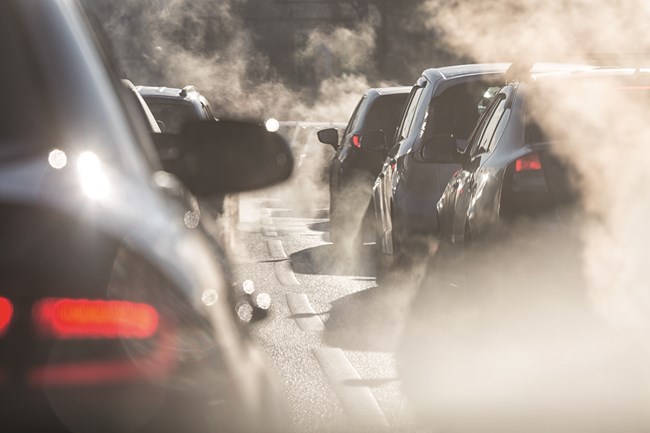We use cookies to ensure that we give you the best experience on our website. If you continue without changing your settings, we will assume that you are happy to receive all cookies on the Business Car website. However, if you would like to, you can change your cookies at any time

The start point for the best source of fleet information |
Fleets name clean air zones as main challenge over next five years
Date: 04 May 2021 | Author: Sean Keywood

Clean air zones (CAZs) are responsible for the biggest challenge facing UK fleets before 2026, according to a survey of managers by leasing company Arval.
The latest finding from the company's Mobility Observatory research was that, when fleets were asked to name the main challenges they faced over the next five years, the introduction of stricter CAZs was the most popular answer, named by 35%, ahead of increased vehicle taxation on 34%, and the creation of more CAZs (30%).
Among fleets' other concerns were poor road infrastructure causing congestion (30%), the impact of flexible working (22%), and implementing full mobility solutions (14%).
Head of Arval's Mobility Observatory in the UK Shaun Sadlier said: "The responses indicate that CAZs are seen as challenging for fleet managers well into the medium-term and that they're worried about both their proliferation and the rules becoming tougher.
"However, many fleets that Arval partner with have been able to meet CAZ requirements with relatively small changes to their operations. Even for those which are affected, the worry is likely to be transitional as older vehicles are replaced.
"By the end of this decade, the vast majority of company cars, and probably vans too, will be electrified, which will help to solve the emissions zones problem automatically.
"Similarly, it is interesting that taxation is seen as a challenge. Again, the emergence of EVs of all kinds will potentially massively reduce tax liabilities for fleets over the next few years."
Sadlier said that perhaps the most striking finding in the research was the sharp reduction in fleets concerned about congestion.
He said: ""This is now at 30% compared to 43% in last year's Arval Mobility Observatory research - a fall almost certainly prompted by reduced road use during the pandemic and which perhaps indicates that fleet managers expect traffic levels to remain lower into the future.
"Another pandemic trend mentioned is the emergence of more flexible working. Our experience so far is that very few businesses are looking to move out of company cars as a result of increased home working.
"While almost everyone seems to believe that fewer miles will be driven in the future, the general view is that those miles remain essential for business and personal life."











